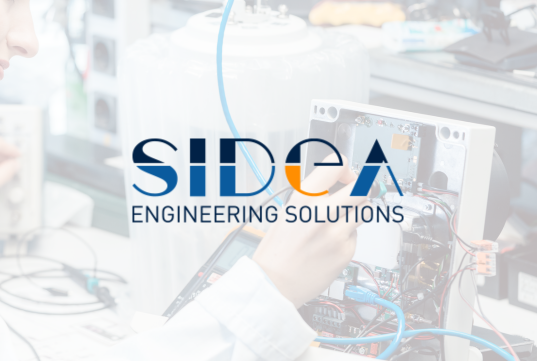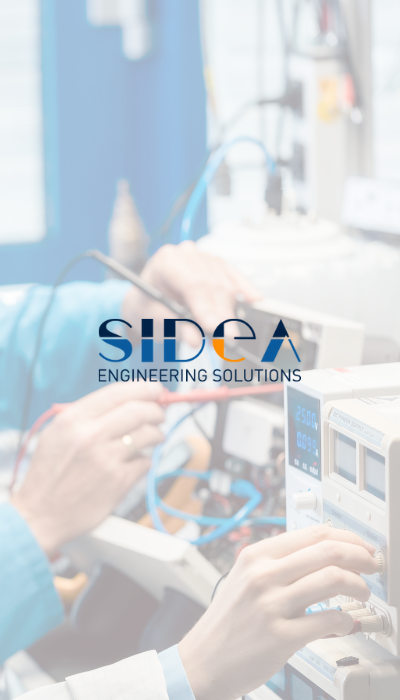
Safety first: why appliance testing is important
Home appliance testing systems are designed to test a wide range of appliances, such as washing machines, refrigerators, dryers, dishwashers, and other household appliances. These systems use a series of automated tests to verify the operation of home appliances under various conditions of use and include safety tests, functional tests, durability tests, and other methods to ensure that products meet safety and quality standards.
At the end of the production of electric motors, as well as household appliances, regular testing of the manufactured devices is necessary to make sure that two key aspects are absolutely in line: their full functionality and compliance with relevant safety standards
Design and development of testing systems for household appliances: the importance of testing
An electric motor, as well as household appliances that contain one, is a device that handles potentially dangerous energies, and this is both for the equipment to which it is connected and for the people who will use it. It is the heart of the machinery it sets in motion, and from this it follows that all its performance will depend on the satisfactory operation of the motor itself. This makes it more than obvious that any manufacturer of such devices, having passed the design and construction stage, cannot possibly neglect the necessary and more than accurate testing stage. The household appliance testing sector includes appliances, both motor and electrically operated, that are produced in very high numbers, hence the need for many specific tests.

During this stage, in fact, all tests and checks are carried out on electric motors regarding and:
- compliance with accident prevention safety standards, which is essential for "CE" marking.
- compliance with the design
- performance
Among the various tests for household appliances, functional ones must in fact ensure the quality and functionality of the product. An example would be the testing of a washing machine, where the objects of testing are:
- solenoid valve testing
- drain pump testing
- motor testing
- complete testing of the household appliance.
Basically, in the field of household appliances, there are mainly four safety tests:
- efficiency of the grounding or protective conductor,
- insulation resistance,
- dielectric strength
- leakage current at rated supply voltage + 10 %.
SIDeA: by each customer's side with design solutions and development of testing systems for household appliances
From analyzing and understanding the problem, evaluating the feasibility of interventions, each customer is followed and supported by SIDeA engineers during each stage. When designing the testing systems for household appliances and their subsequent development, SIDeA's commitment does not end with the delivery of the required solutions. Phase after implementation is in fact that of training, as well as technical support, tutoring, assistance and maintenance to optimize the systems and their use by the customer himself.
A heterogeneous and flexible work team, capable of managing the workload based on the professionalism and skills of each collaborator, guarantees a production flow that can carefully and accurately meet the established delivery deadlines.

